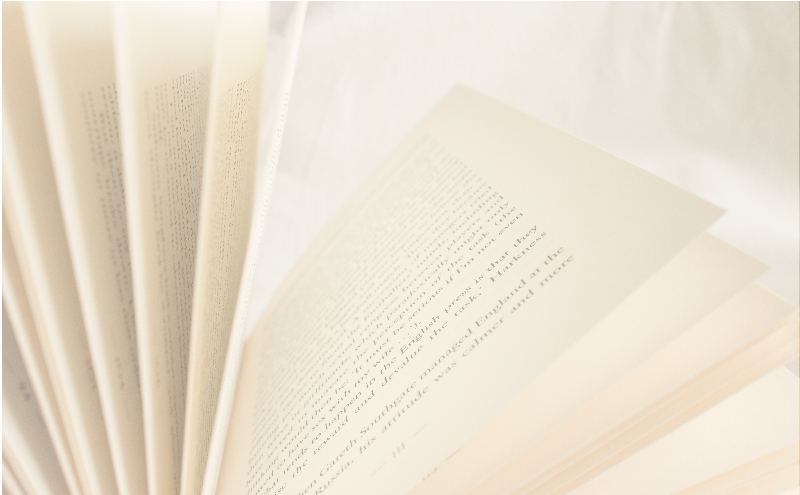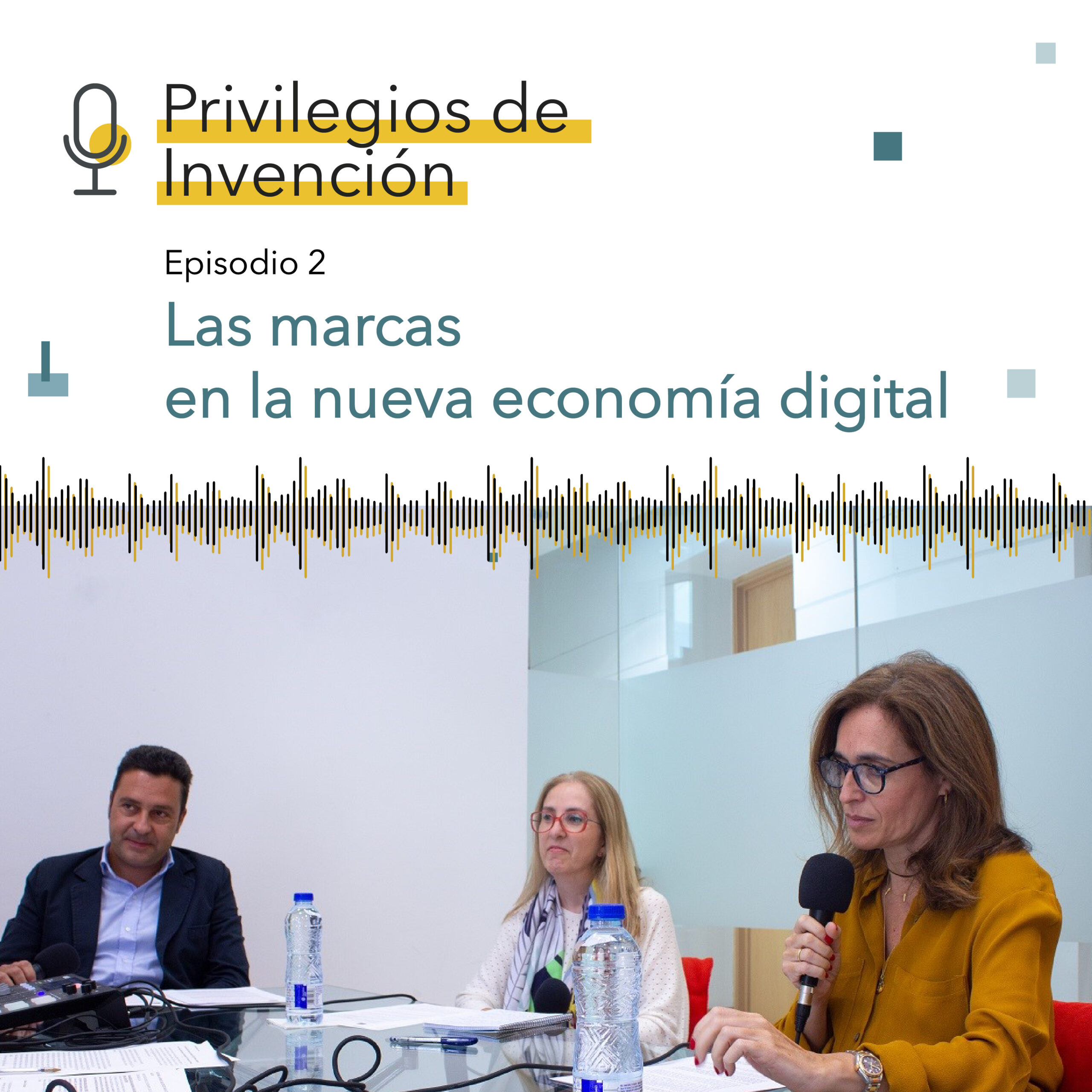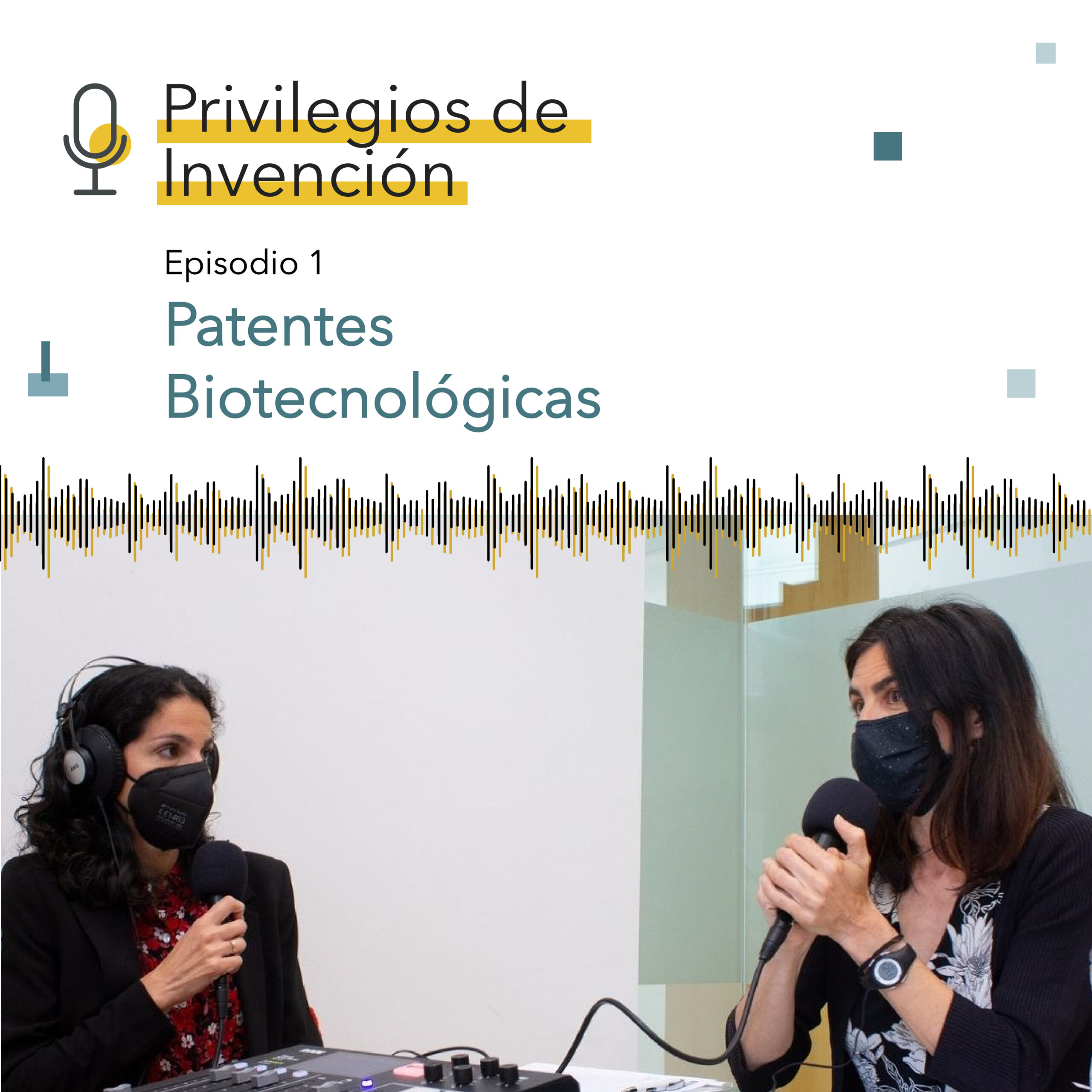Translation’s origins in the history of mankind date back to Ancient Egypt, specifically to the Rosetta Stone. It is a large stone containing a decree issued by a pharaoh. What makes it special, and the reason why it is considered the first case of translation, is that it is written in three different languages: Egyptian hieroglyphics, demotic Egyptian and ancient Greek.
A similar scenario was the translation of the Five Books of Moses, commissioned by Ptolemy Philadelphus to a group of wise men from Judea to translate them into Greek for use in various cults in the Alexandria region. Over the years, the work of the translator started to become more professional, creating specific teaching institutions to study this art. Translators have played a major role in managing knowledge and in artistic and cultural development at different periods in history.
The Royal Spanish Academy defines the verb ‘to translate’ as ‘to express in a language what is written or has been previously expressed in a different language‘. In other words, taking a text that is written in a certain language and turning it into a language other than the original one. All of the above respecting the content of the message itself.
Based on the previous statement, when asked whether a translation is also protected by copyright, the only correct answer would be that it is indeed considered a work, but with a number of nuances that are worth mentioning.
The work of a translator is not mechanical, exact or even automatic. Quite the opposite, as the translator also carries out a creative work, an intellectual effort, which generates a different result from the original work. The author clearly imprints a sort of personality on the work they translate, so much so that readers often favour some translations over others.
The result of a translator’s work depends on many factors, their specialisation, their own ideas, the training they have completed, their perspectives, their concepts, and even their emotions. The work of a translator is essential to increase the scope of a work.
In that sense, and considering the obvious intellectual effort involved in producing a translation, Article 2 of the 1886 Berne Convention lists ‘translations, adaptations, musical arrangements and other transformations of a literary or artistic work’ as works protected by copyright..
Likewise, the 1980 Glossary of the World Intellectual Property Organisation (hereinafter WIPO) defined translation as the expression of written or oral works in a language other than that of the original version. The translation must render the work faithfully and truly as regards its content and style’..
Notwithstanding the analysis above, it is important to clarify that the protection provided to translators by copyright applies solely and exclusively to their translation and never to the work that was the subject of the translation. In other words, the author of the original work holds the rights granted by law, and if that work is translated, the translator will require express prior authorisation from the author of the original work. In addition, great care must be taken to ensure that the translation does not make any changes that may affect the reputation or honour of the work as such or of the author.
For example, if someone writes a book in Spanish and someone else wants to translate it into English, the first step is to seek authorisation from the author of the Spanish work. Once they have it, they can translate the text, but they should bear in mind that their work is solely what they write in English. They cannot be considered authors of the work in Spanish at any time, as they did not contribute creatively to it.
The scenario above is known as a derivative work in copyright law. Whenever the translation is based on a work that has already been produced (original work), the translator’s creative work is to a certain degree limited or conditioned by the original work.
In conclusion, since the work of a translator involves intellectual effort and contributions of their own, copyright does protect them. However, this can be done by means of the derivative work principle, which does not deny the rights held over the original work, but does not deny the effort and therefore the rights over the derivative work either. Thus, the translator has full rights over their work, the translation, and may also exploit them commercially as they do with the original work, if that is their intention. Now, for a derivative work, a translation, to be made, authorisation is generally required.
Andrea Díaz Muñoz
Lawyer PONS IP Colombia




